Search

SDSU Extension Welcomes New Plant Pathology Specialist
November 23, 2022
SDSU Extension welcomes Madalyn Shires as an assistant professor in the Department of Agronomy, Horticulture and Plant Science and SDSU Extension Plant Pathology Specialist.
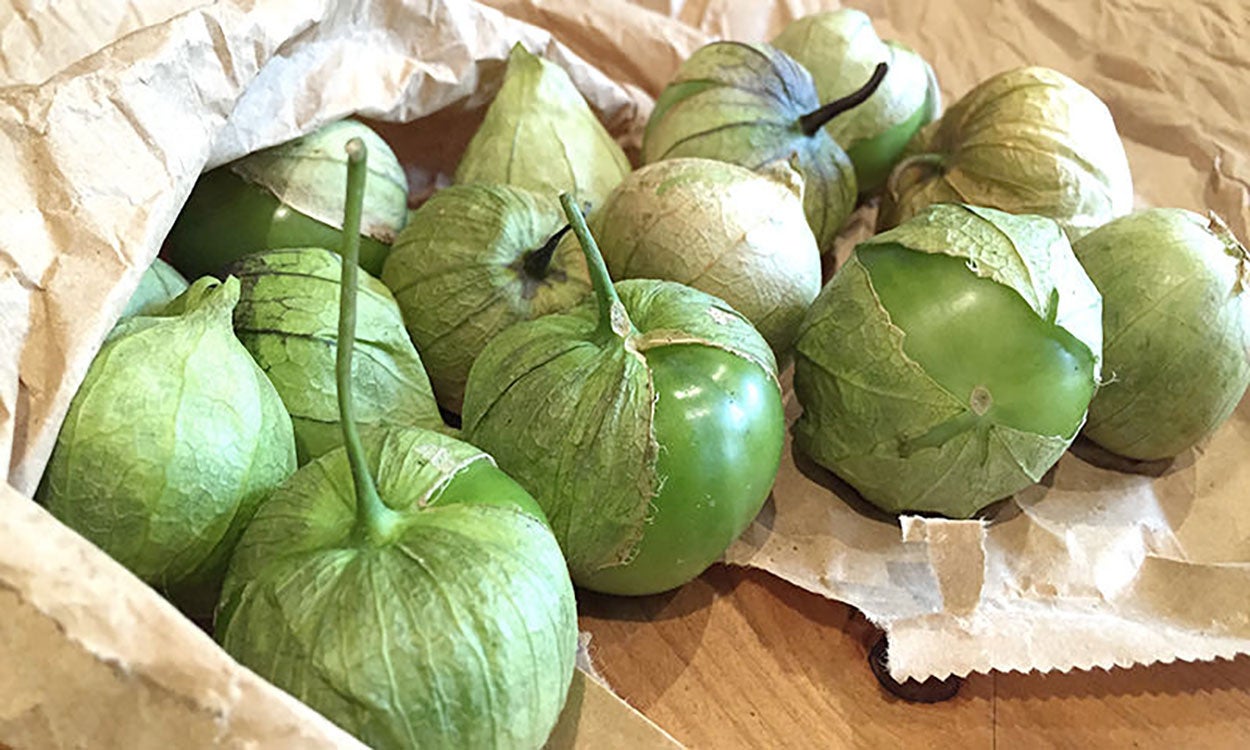
Tomatillos: Harvest and Storage
Tomatillos are an annual, warm-season crop with requirements similar to tomatoes. Learn how to select, grow, harvest and store them with this helpful guide!
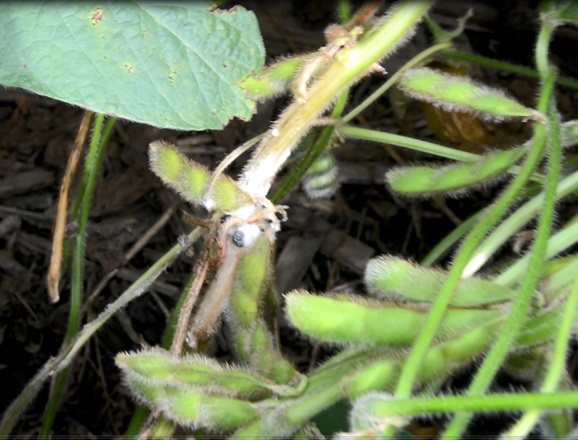
White Mold Development: Is your soybean field at risk?
According to USDA-NASS crop progress report for the week of July 17, 49% of the soybeans in South Dakota are at flowering. The flowering growth stage is also the time when white mold infection is initiated. The white mold pathogen infects the soybeans through the flowers that are senescing after pollination.
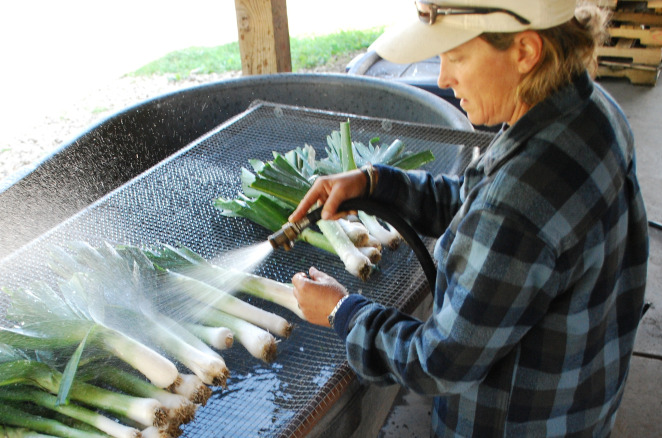
Food Safety Rules for Fruit & Vegetable Growers: FAQ
It seems rules and guidelines for growing fresh produce safely are constantly changing, as new laws and regulations are implemented each year.
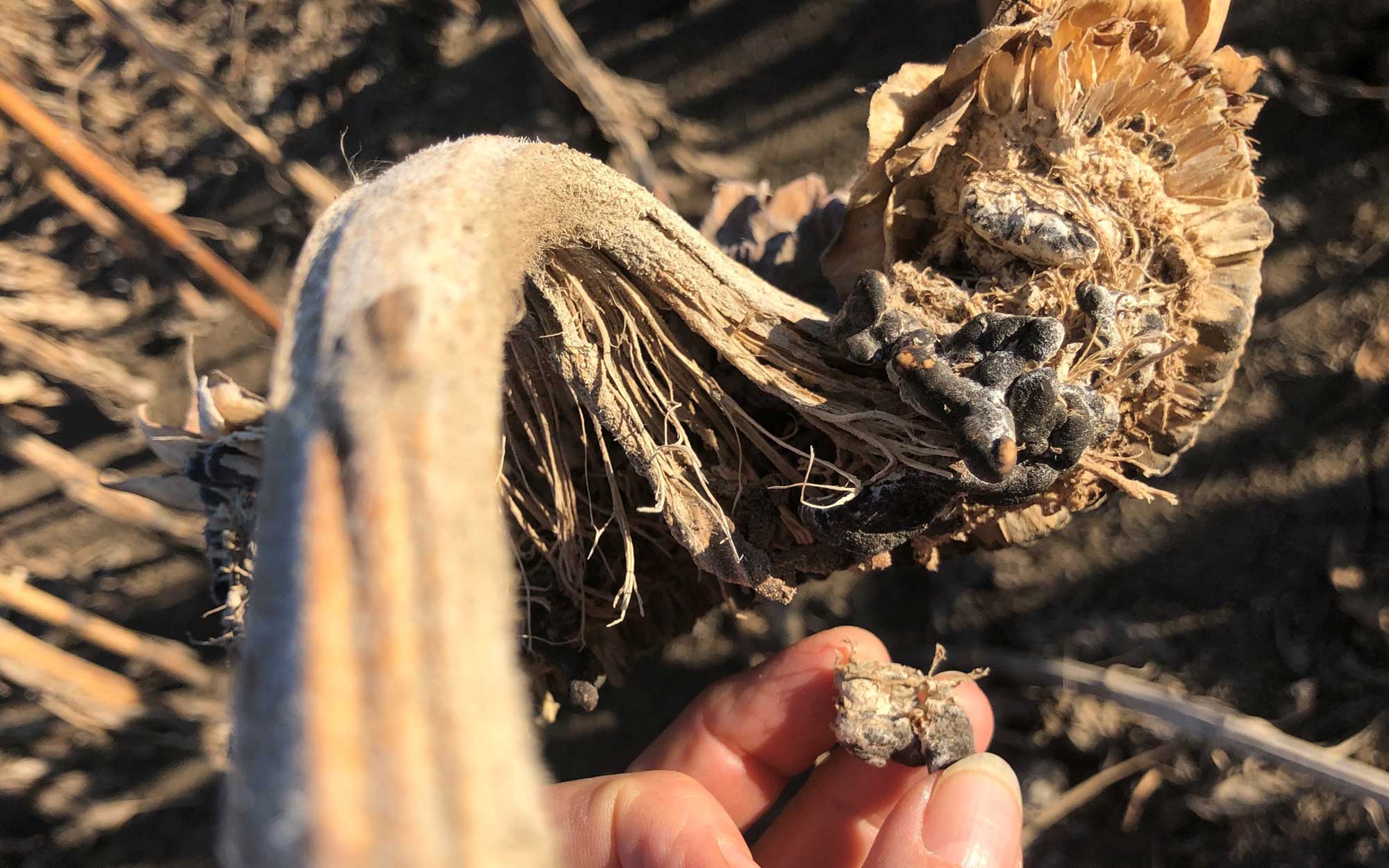
Sclerotinia Concerns in Sunflower
Sclerotinia diseases are a concern in sunflowers, because the fungus can infect the plant through the root, mid-stalk or the head. Wet weather and cool temperatures two-to-three weeks prior to and during flowering favor disease development.
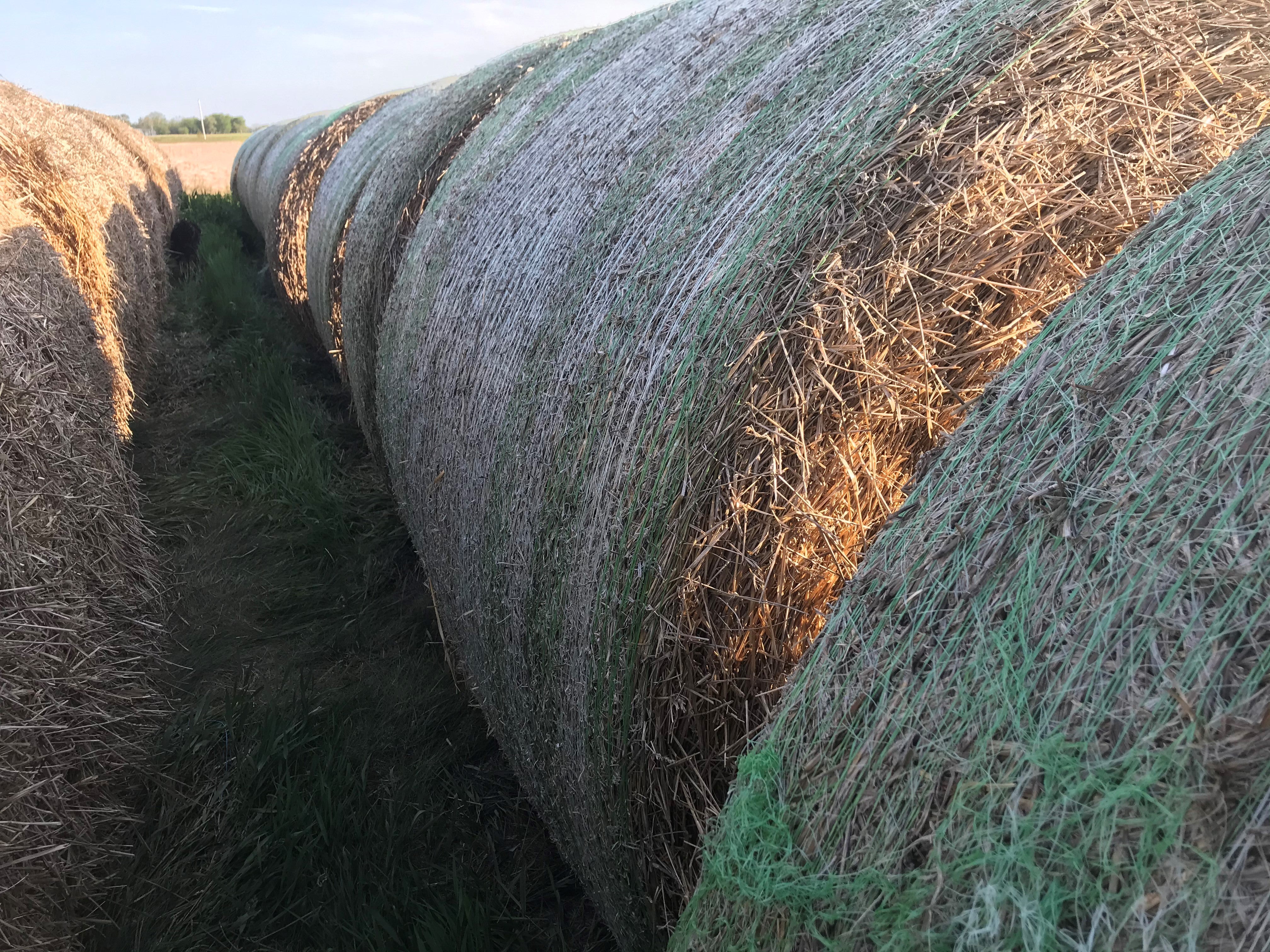
Learn about forage rye, livestock feed at Northern Plains Forage Association annual meeting
November 06, 2024
South Dakota State University Extension encourages producers to attend the Northern Plains Forage Association annual meeting and seminars, which will feature forage-related education and research.
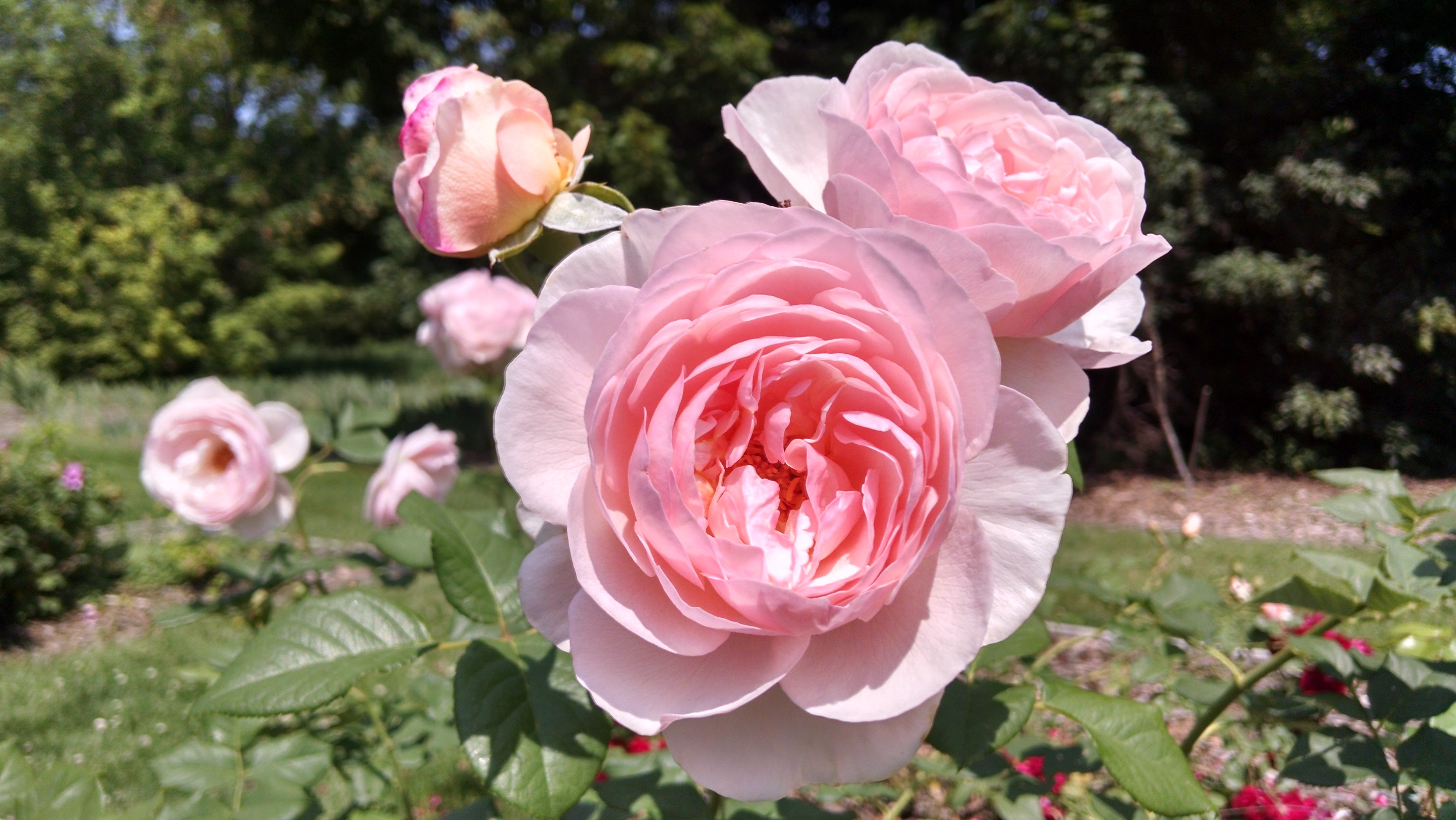
SDSU Extension, McCrory Gardens host free series on caring for roses
February 20, 2024
The Caring for Roses in South Dakota webinar series is from 12:30 to 1:30 CST/11:30 to 12:30 p.m. MT on March 19, 20 and 21, 2024, via Zoom. Experts will share the art and science of caring for roses, highlighting their own experiences with the popular plant.
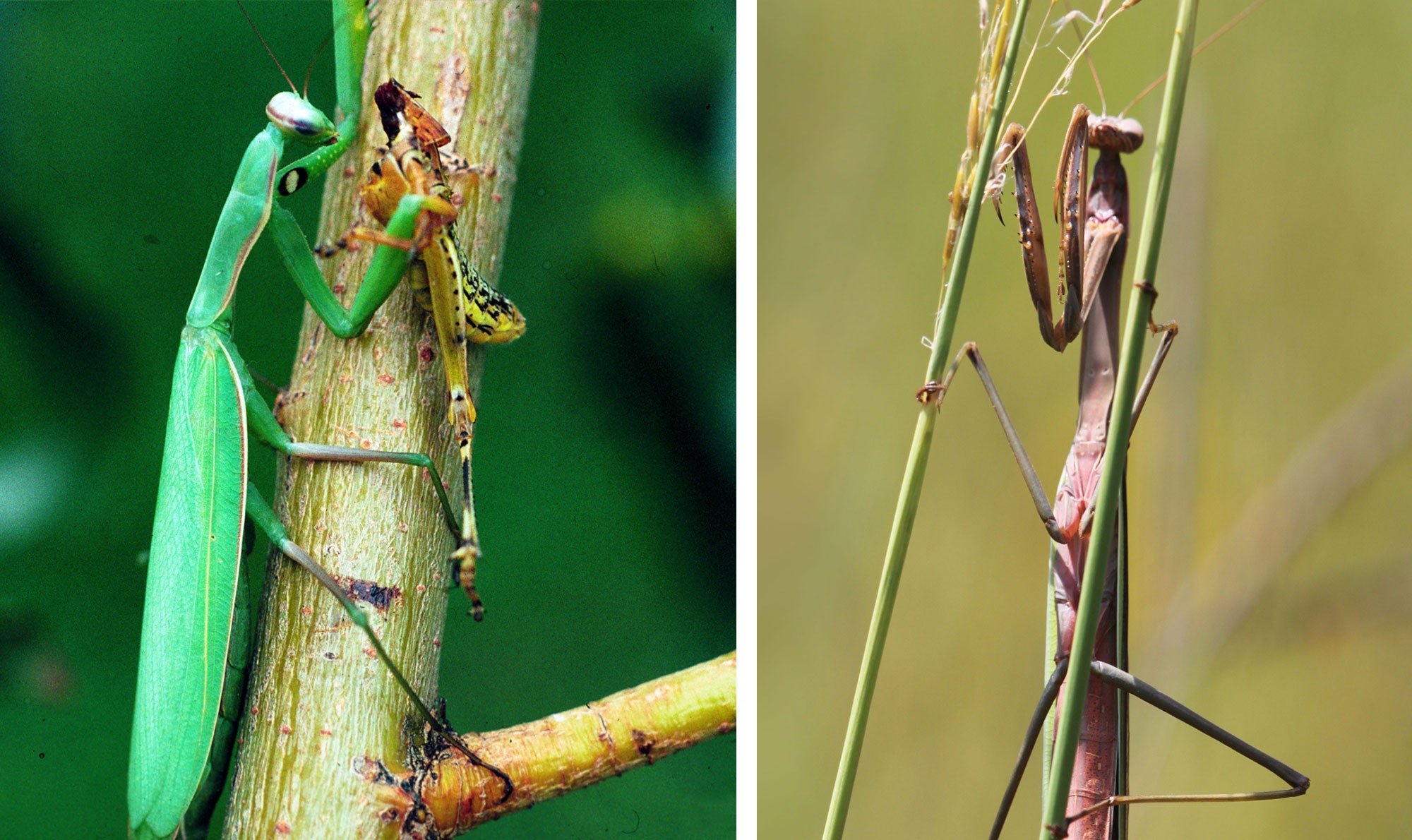
Are There Praying Mantises in South Dakota?
The short answer to the title of the article is "yes." Both the European mantis and the Chinese mantis can be found in South Dakota. As their names indicate, neither species is native to North America.
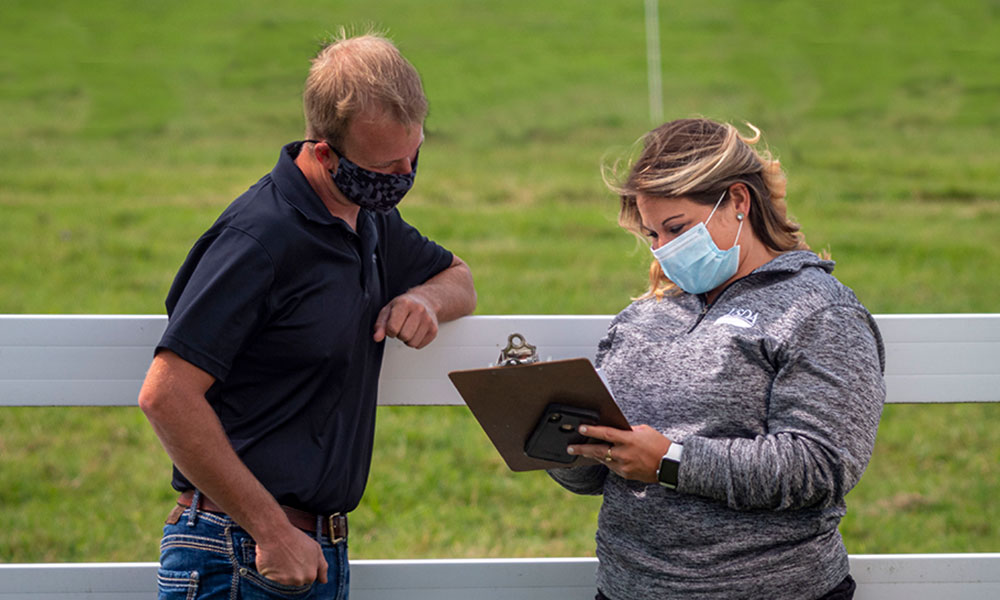
USDA: CFAP 1 Program Payment Benefits to Producers
In examining the USDA Coronavirus Food Assistance Program 1.0 website, we are able to directly see the impact of the program and the payments made to producers across the country.
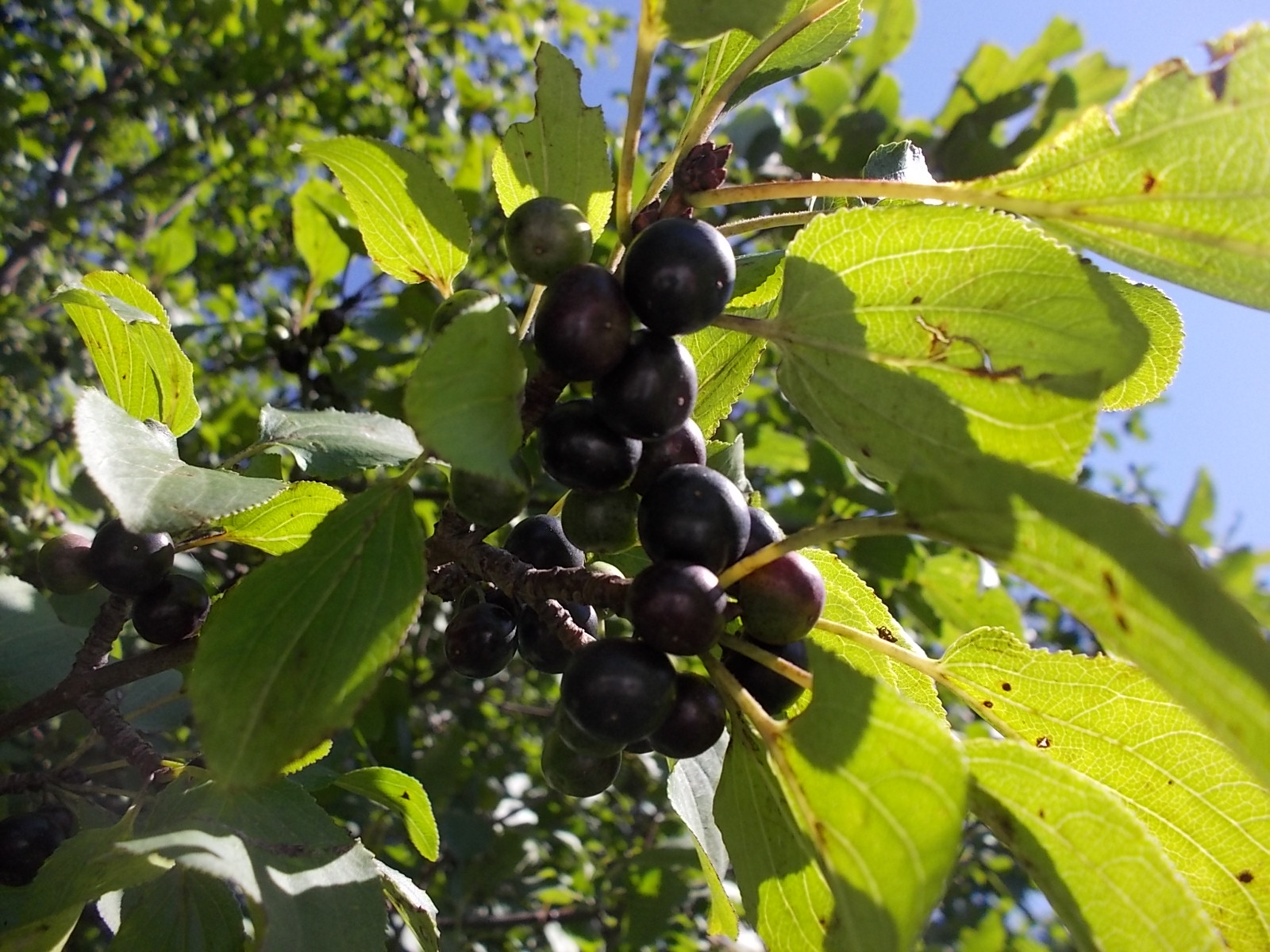
Woody Weeds: Common Buckthorn
When considering weed control in tree plantings, the focus is generally placed on the control of herbaceous vegetation (grasses and forbs), particularly during the establishment phase. This focus is appropriate since control of herbaceous weeds is generally critical to establish a successful planting. As these plantings mature, providing perching sites for birds, another weed problem develops – the establishment of competing woody vegetation. These woody weeds are often left unchecked for many years because they look “natural” in a windbreak or other area of trees.